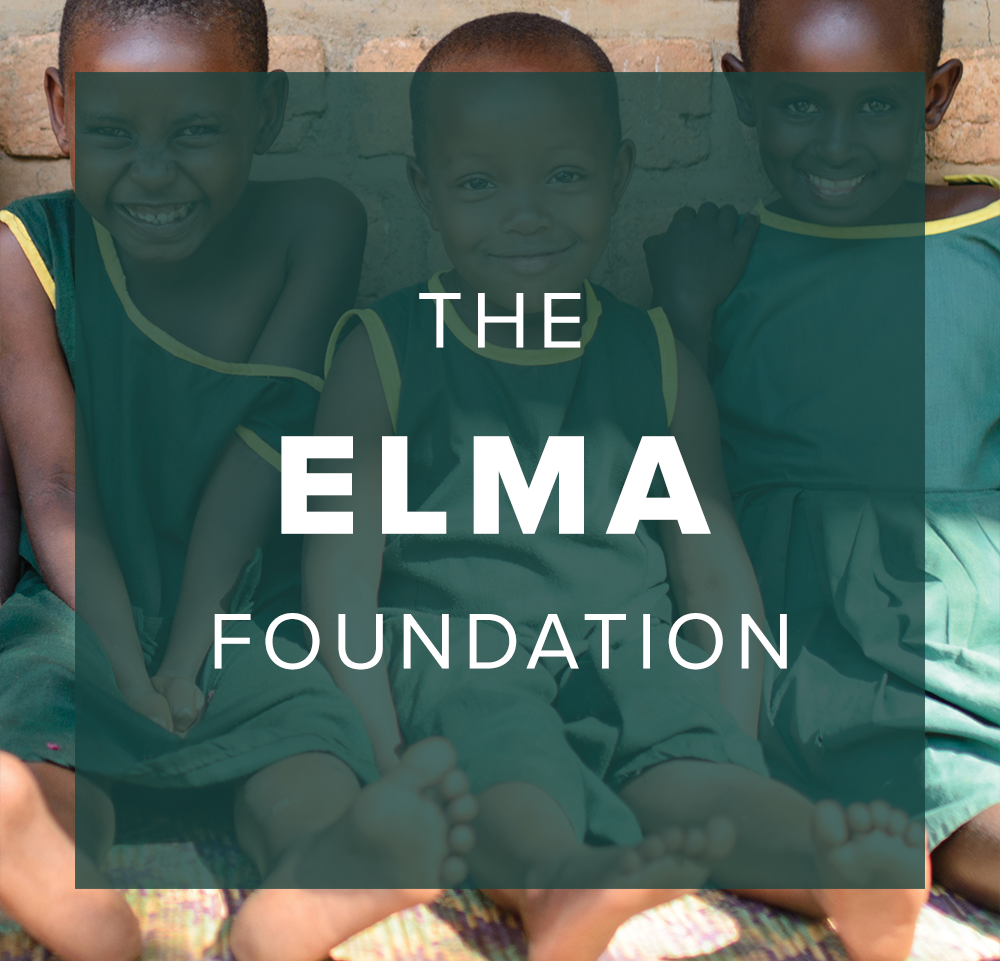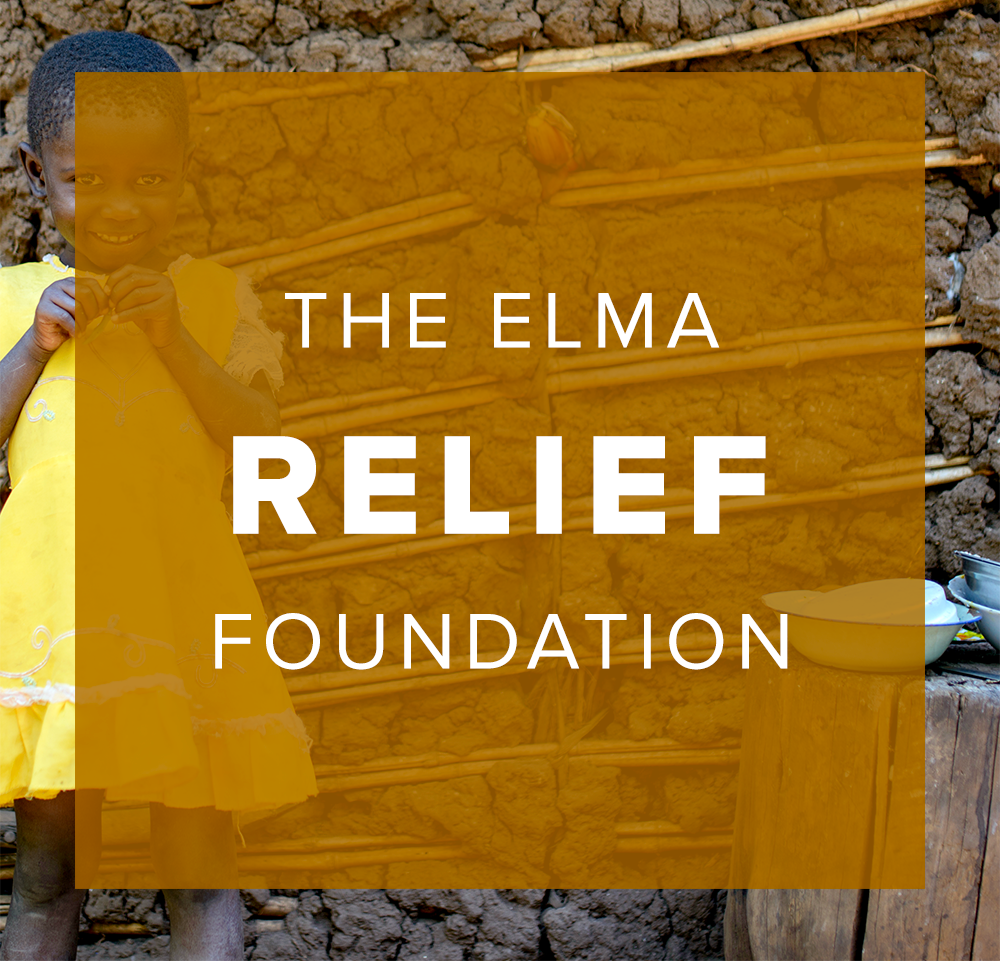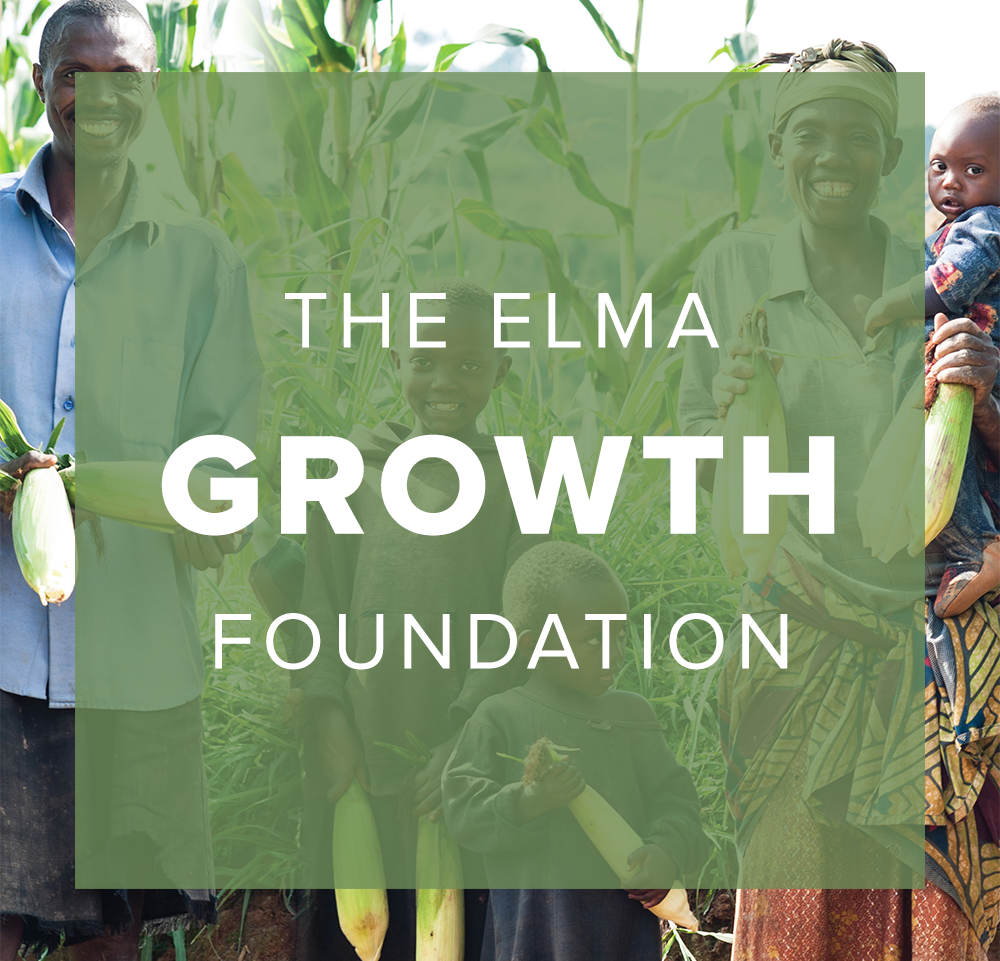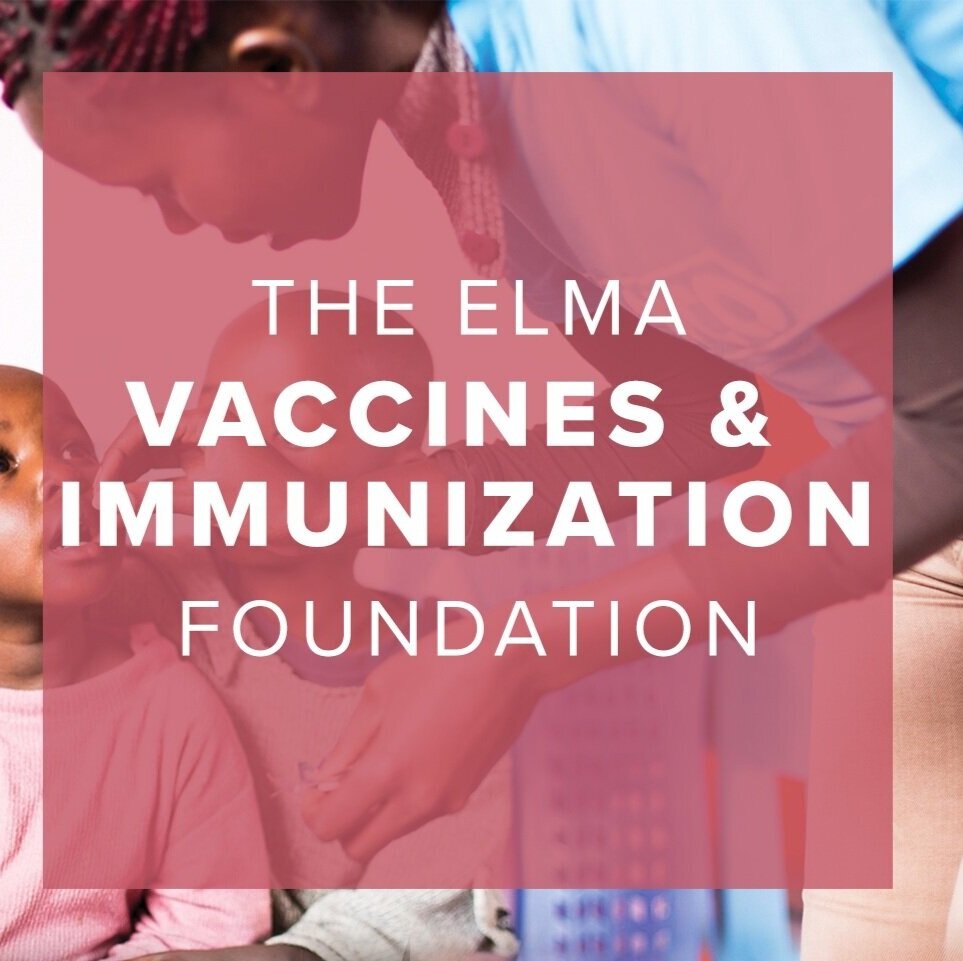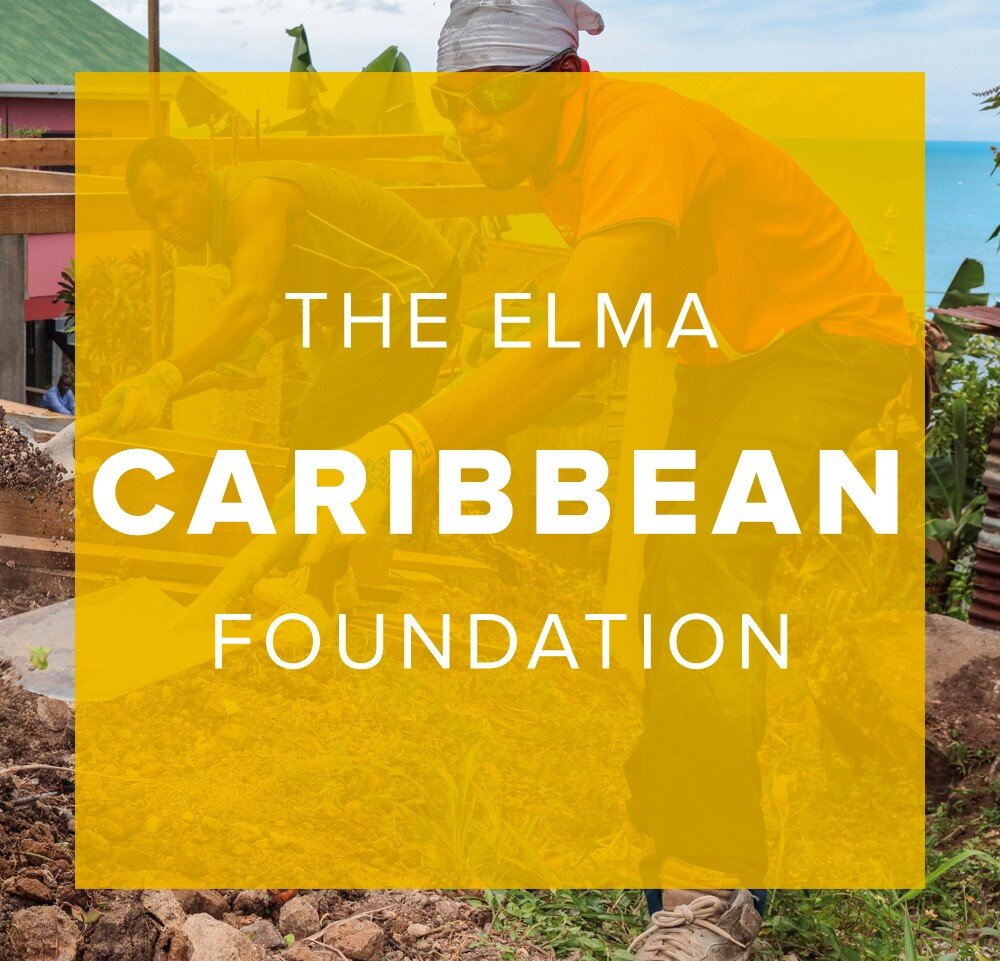Spotlight:
The Clinton Health Access Initiative
ABOUT THE ORGANIZATION
The Clinton Health Access Initiative, Inc. (CHAI) has been an anchor partner for ELMA since 2005, delivering some of the largest social returns on our investments for children, families, and communities in Africa.
Examples of successful results in ELMA’s investments in CHAI include:
Reducing the price of pediatric HIV treatment from USD745 per child per year in 2005 to USD103 per child per year by 2010
Increasing the number of children living with HIV who were accessing treatment from less than 20,000 in 2005 to 305,000 at the end of 2010, largely as a result of reducing treatment costs
Saving over USD600million due to the CHAI-assisted establishment of a Central Procurement Unit within the South African National Department of Health
CHAI was founded in 2002 with a transformational goal: help save the lives of millions of people living with HIV/AIDS in the developing world by dramatically scaling up antiretroviral treatment.
When CHAI was founded, many viewed this goal as unreasonable because health systems in poor countries were too weak and prices of relevant drugs and diagnostic tests were too high. CHAI played a leadership role, working alongside governments and other partners, to lower the costs of treatment and help build the in-country systems necessary to provide lifesaving treatment to millions of people. Since then, CHAI has pursued several similarly ambitious goals, from scaling up pediatric AIDS treatment in order to achieve equity with adults in a time frame few thought possible, to rapidly accelerating the rollout of new vaccines. CHAI has achieved many of its most important successes when seeking to fundamentally change the way the world approaches an issue and pushing the boundaries of what is considered feasible in global health. CHAI’s focus is transformational work that creates a fundamental change in the way actors approach and realize goals. To do this, the degree of impact of a CHAI program must be dramatic, the scale must be at the national or global level, the breadth must change the way others approach the problem, and the sustainability must allow for CHAI’s eventual exit without erosion of impact. Today, CHAI operates in 36 countries across the developing world and more than 80 countries are able to access CHAI-negotiated price reductions, vaccines, medical devices, and diagnostics.






